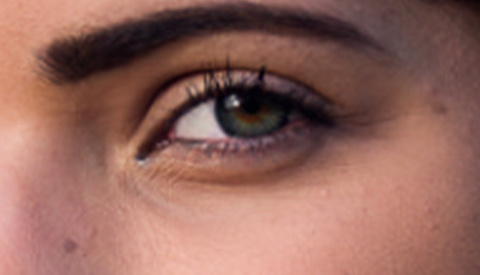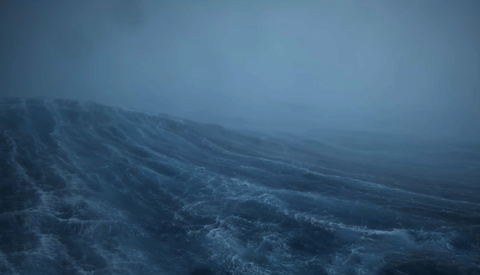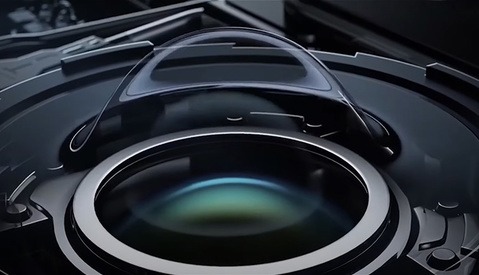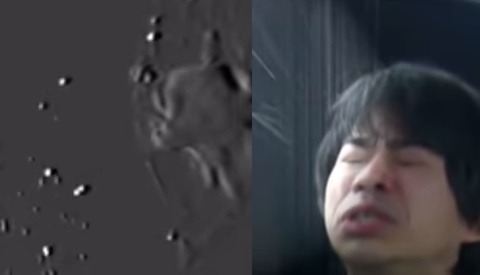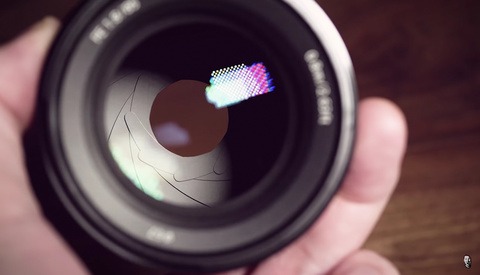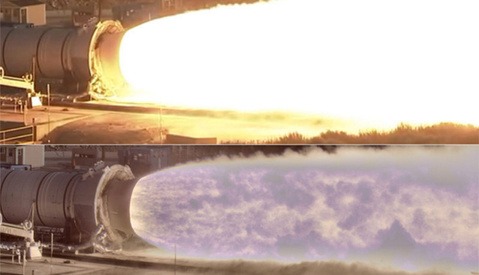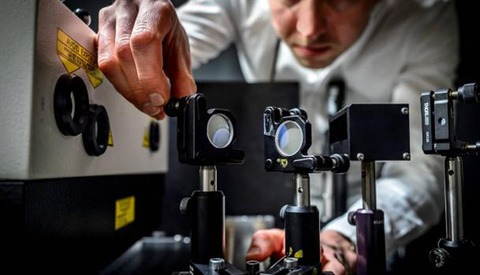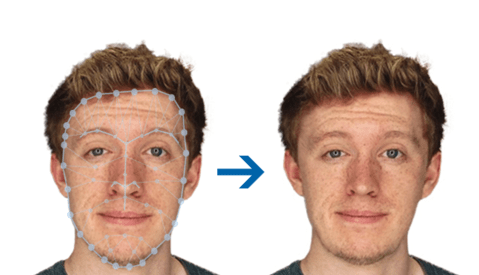What's the Frame Rate of the Human Eye?
Have you ever wondered what the frame rate of the human eye is and, just importantly, why it matters? It turns out the answer is far more complex than a simple numerical value, and that has tremendous consequences for the design of cameras and why we work the way we do. This neat and informative video takes you behind the scenes of the science behind how the eyes sees to discuss the topic and the implications it has for filmmakers.
